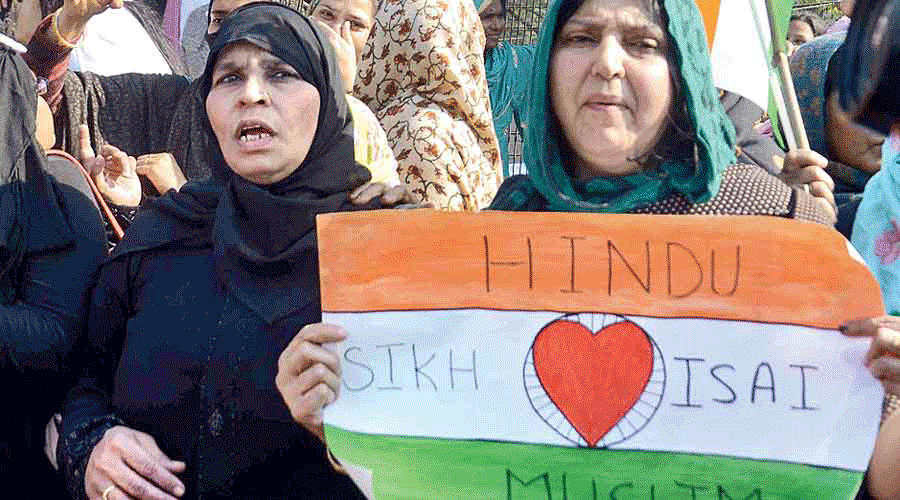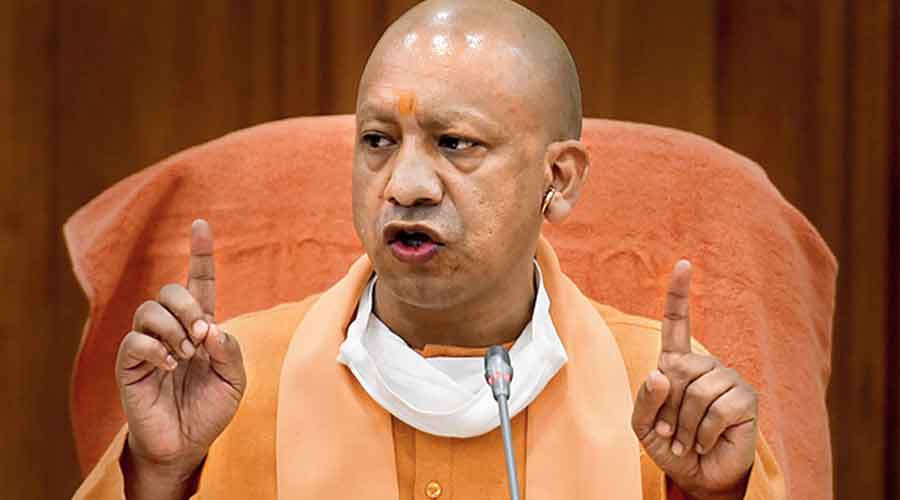For the third straight year, the United States Commission on International Religious Freedom has recommended to the state department that it designate India as a “country of particular concern”, where the government “engages in or tolerates ‘particularly severe’ violations of religious freedom”.
Both the Joe Biden and Donald Trump administrations had in 2021 and 2020, respectively, ignored the commission’s recommendation to designate India as a country of particular concern (CPC).
The commission is an independent, bipartisan US federal government agency created by the 1998 International Religious Freedom Act (IRFA).
India did not react immediately to the latest recommendation, made in the commission’s annual report for 2022, released on Monday.
The designation “CPC” is reserved for the worst violators of religious freedom. Currently, 10 countries including Pakistan, Saudi Arabia, Iran, North Korea and Russia are designated as CPCs.
Four other countries have received the CPC recommendation along with India: Afghanistan, Nigeria, Syria and Vietnam. The purpose of such a recommendation is to focus US policymakers’ attention on the worst violators of religious freedom globally.
For countries designated as CPCs, the IRFA provides the US secretary of state with a range of flexible and specific policy options (referred to as presidential actions) to address serious violations of religious freedom. These options, which can include sanctions, are not automatically imposed.
The India chapter of the report says: “In 2021, religious freedom conditions in India significantly worsened. During the year, the Indian government escalated its promotion and enforcement of policies — including those promoting a Hindu-nationalist agenda — that negatively affect Muslims, Christians, Sikhs, Dalits, and other religious minorities.”
The report continues: “The government continued to systemise its ideological vision of a Hindu state at both the national and state levels through the use of both existing and new laws and structural changes hostile to the country’s religious minorities.”
It adds: “The Indian government repressed critical voices — especially religious minorities and those reporting on and advocating for them — through harassment, investigation, detention, and prosecution under laws such as the Unlawful Activities Prevention Act (UAPA) and the sedition law.”
It cites the examples of octogenarian Jesuit priest Stan Swamy who died in custody, the arrest of Kashmiri human rights activist Khurram Parvez, and the difficulties created for NGOs.
The commission has recommended targeted sanctions on individuals and entities responsible for severe violations of religious freedom by freezing their assets and/ or barring their entry into the United States.
It has also urged the US government to advance the human rights of all religious communities at multilateral forums including the Quad ministerial.
Further, it says the US Congress should raise religious freedom issues in the US-India bilateral relationship and highlight them through hearings, briefings, letters and congressional delegations.











